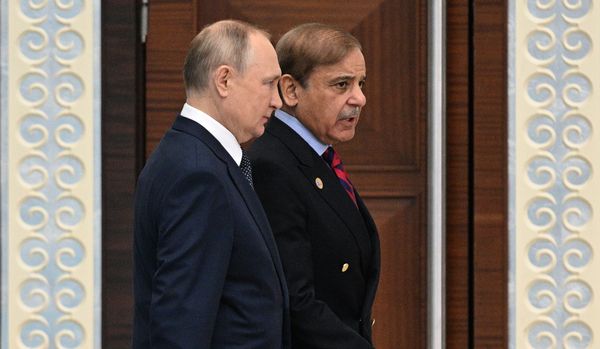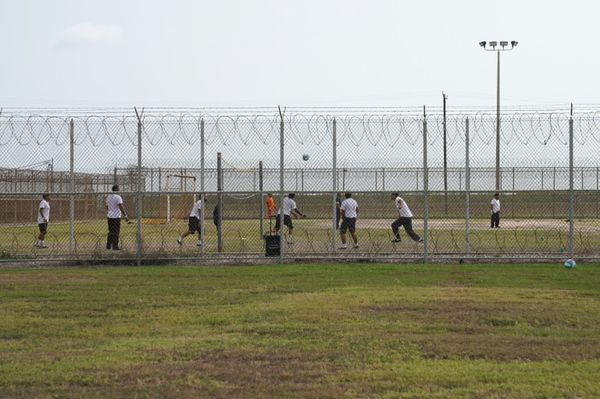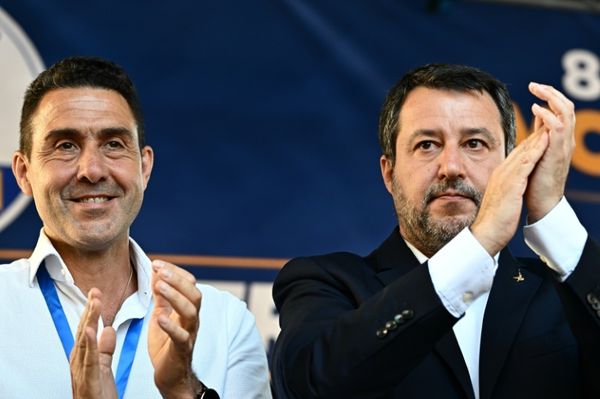
It’s been a difficult week for big business, with Qantas distracting everyone from what employers thought the real issue should be — Labor’s outrageous industrial relations changes to better protect “contractors” and to criminalise wage theft. Like most IR changes in favour of workers — and the Fair Work Act itself, back when Julia Gillard secured passage of it in the Rudd years — it will end investment, destroy productivity, smash economic growth and otherwise usher in the four horsepeople of the apocalypse.
The case of the wage theft element of the bill is interesting, however, as the lobby group for the biggest businesses, the Business Council of Australia (BCA), can’t bring itself to oppose criminalisation. That might relate to the fact that, by our count, around 39% of BCA members have been pinged for underpaying workers. And that includes some of the worst offenders, like Wesfarmers, BHP, the big banks, the Go8 universities and a number of big law firms.
That two in five members of the business elite engaged in underpayment illustrates the extent to which wage theft became not merely an epidemic in Australia, but a defining feature of the way Australian business conducted itself, and a core part of its operating model.
But while systemic wage theft was being carried out across the economy, CEOs and company executives were, luckily, spared. They didn’t even endure any of the wage stagnation that faced Australian workers from 2013 onwards. According to data compiled last year by the Australian Council of Superannuation Investors, the average remuneration of ASX100 CEOs increased by nearly 90% between 2014 and 2021 in nominal terms, compared to an 18% increase in the Wage Price Index in the same period, or from less than 80 times average adult earnings to over 100 times.
Which is fine, of course, because we know CEOs work 100 times harder and longer than, say, nurses, teachers, factory workers and delivery drivers.
The CEO remuneration story of course is complicated by what’s fixed, what’s a bonus, what’s cash, what’s shares, and what’s a termination payout. But that’s where there’s an interesting wage theft angle.
Take BlueScope Steel (shock horror — another BCA member, and also pinged for underpayment). It was fined a record $57.5 million in the Federal Court last week for trying to fix the price of flat rolled steel products a decade ago. The company and then-general manager Jason Ellis (who was fined $575,000, which was to be paid by him and not BlueScope by court order) were convicted last December of trying to “induce” eight other Australian distributors and one overseas manufacturer into agreements to fix or raise prices for flat steel products between 2013 and 2014. Ellis was sentenced to 8 months’ jail and released on a recognisance in late 2020).
But, a decade on, it’s BlueScope shareholders who wear the cost of the fine.
Now, what about Alan Joyce, given prominent BCA member Qantas could be facing a fine many times bigger than the one BlueScope copped, for its fake flights scandal?
Qantas issued Joyce $10.8 million in shares last Friday after the airline met its profitability targets. Joyce is also expected to receive a short-term bonus of up to $4.3 million and about $8 million in shares as part of his long-term bonus. The exact amount, in addition to Joyce’s base salary, will be known later this month, when Qantas releases its annual report. But the Qantas board is under pressure to not make any bonus payment — cash or shares — to Joyce given the case now before the courts.
What the ACCC alleges about Qantas is similar to the fee for no service revelations about AMP and the big banks, and money laundering breaches by the banks. At NAB, CEO Andrew Thorburn quit along with chair Ken Henry in the wake of the banking royal commission, and lost tens of millions in long-term share options. Then-Commonwealth Bank CEO Ian Narev lost his bonus over the money laundering breaches and then stepped down. Westpac CEO Brian Hartzer quit and lost his short and long-term bonuses over money laundering in 2019. The same year, ANZ’s Shayne Elliott had his incentive payments docked for poor performance.
So how to penalise Joyce and the Qantas board as well as the many executives who must have known about the fake flights? What about incoming CEO Vanessa Hudson, who would have been in prime position to spot what was going on?
If the government wants to be comprehensive on wages theft, the Qantas scandal could be used to revamp corporate remuneration laws by delaying bonus shares for departing senior executives and board members for several years after they have gone. The same with short and long term cash payments in the final year of their terms.
There should also be a regulation introduced that bans boards and executives from being able to indemnified by the company’s D&O (Directors and Officers) insurance policies. It can be done, as happened to Ellis in the BlueScope case.
For shareholders, it would be some assurance that one particular kind of wage theft is also being restricted, along with the more common variety.







